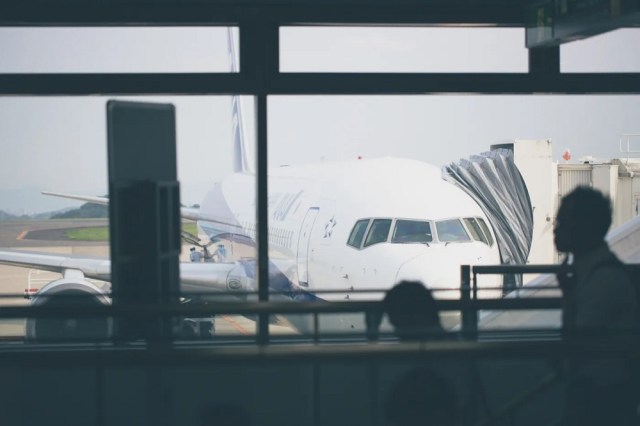
New restrictions come just one day after latest coronavirus-related border tightening.
In early November, the Japanese government finally felt that coronavirus infection levels in Japan and overseas were low enough to begin allowing foreign students and business travelers into the country, after months of the borders being closed to them as part of protocols to prevent the spread of the virus. However, on Sunday, less than a month into the new regulations, a traveler from Namibia was found to be infected upon his arrival at Narita Airport, and was later found to be carrying the omicron variant.
On Monday, Prime Minister Fumio Kishida announced that the previous rules would be reinstated at midnight, and that new-arrival foreigners would once again be barred from entering the country. In other words, the only people who could enter Japan would be only foreign residents of Japan or Japanese citizens returning to the country from overseas, and in a new development, the country is now going to be closed to many of them as well.
On Wednesday, the Japanese government’s Ministry of Land, Infrastructure, Transport and Tourism issued a request to airlines asking that they suspend new reservations on international flights arriving in Japan. JAL and ANA, Japan’s two largest carriers, have already begun complying, with their ticketing systems still allowing travelers to book seats on flights leaving Japan, but with reservations now frozen for international flights arriving at Japanese airports, regardless of the would-be traveler’s visa status of citizenship.
The ministry hasn’t gone so far as to ask for all flights into Japan to be cancelled entirely, and so foreign residents of Japan and Japanese citizens currently abroad who have already booked their return flights will still be allowed to pass through immigration upon arrival in Japan. Those who hadn’t made their reservations yet, though, are now without a way to get back into the country where they live.
As of this writing, the ministry is asking for the reservation freeze to continue until the end of December, but adds that it may alter its request depending on changes to the health climate in the days to come. But even if the reservation freeze isn’t extended past December, it still means that residents and citizens who haven’t already booked their air tickets will be unable to enter Japan in time for New Year’s Eve, despite the New Year’s season traditionally a time to spend with family in Japanese culture.
Source: NHK
Top image: Pakutaso
● Want to hear about SoraNews24’s latest articles as soon as they’re published? Follow us on Facebook and Twitter!

No hay comentarios:
Publicar un comentario